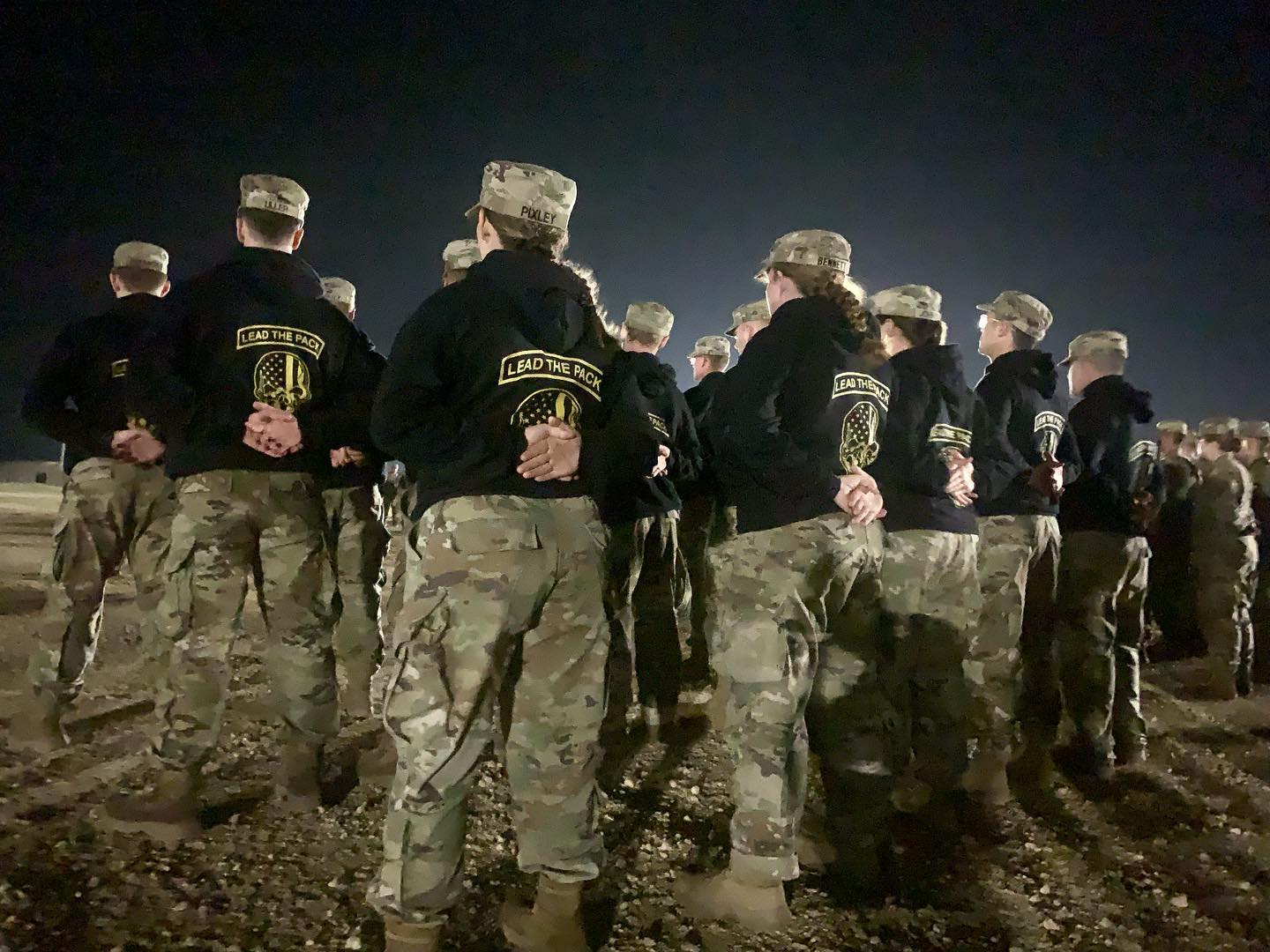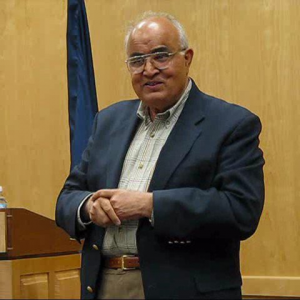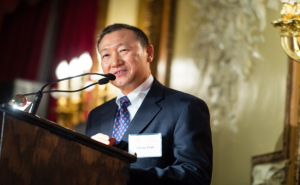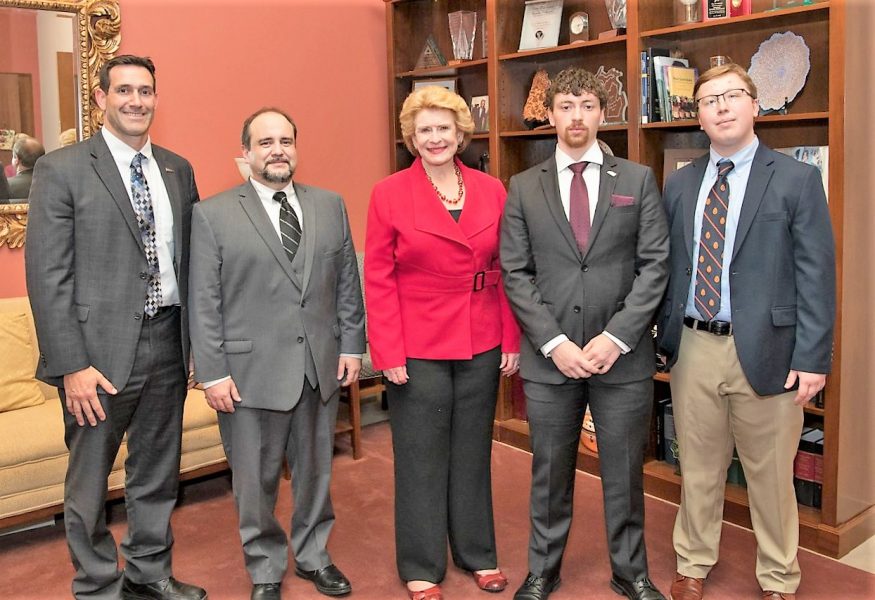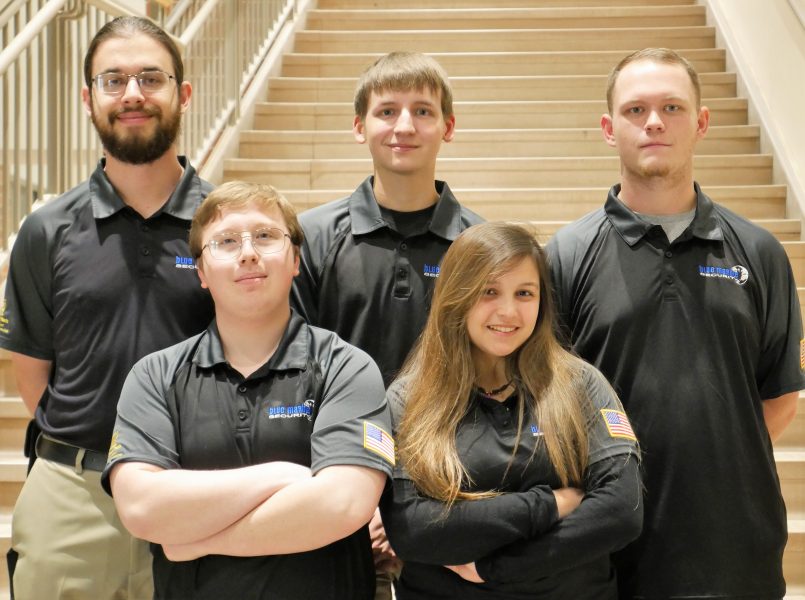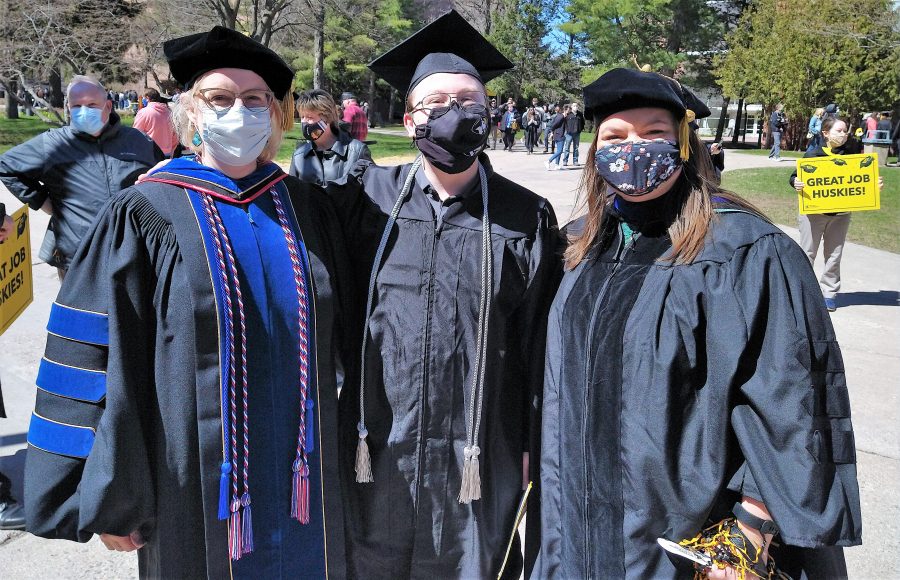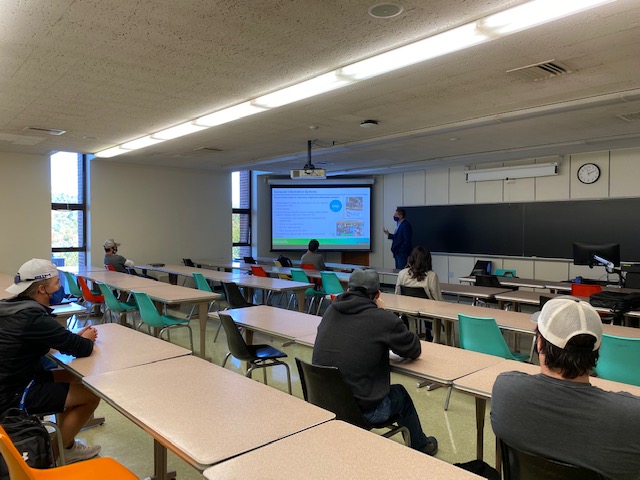
The Michigan Tech College of Business (COB) boasts more than 50 donor- and industry-sponsored scholarships reserved exclusively for new and returning business students. These awards are offered in addition to competitive, merit-, and need-based aid. For 2020-21, total scholarships and grants awarded to undergraduate students in the College of Business exceeded $4.6 million.
This month we highlight the Management Information Systems (MIS) Alumni Scholarship.
MIS Alumni Scholarship

The MIS Alumni Scholarship is an endowed scholarship created and funded by College of Business MIS graduates. Selection criteria include being an MIS major (or dual major) with a strong academic standing, a demonstrated commitment to the degree program, and professional communication skills.
One of two 2021-22 recipients of the MIS Alumni Scholarship is Joseph Gherardi. The third-year MIS student is active on campus as the assistant general manager for Sound and Lighting Services as well as a residence counselor for Summer Youth Programs. Gherardi chose MIS in part for its versatility; he says that he’s particularly fascinated by database management and security. “Working in IT for a hospital sounds like a lot of fun to me,” Gherardi says.
“Working in IT for a hospital sounds like a lot of fun to me,”
Two, one-time scholarships are awarded annually by the faculty committee; the sophomore award is valued at $1,000 and the junior-level scholarship is $2,000. Jeff Wall, associate professor of management information systems, says that Joseph’s focus and curiosity in class and involvement on campus helps him stand out. “He is the type of student every professor hopes for—he’s full of thoughtful questions and reflects deeply on complex material. Joseph has a bright future,” Wall adds.
Management Information Systems at Michigan Tech
Pandemic-related workforce challenges really drove home how crucial information systems and technology are to industry, education, and entertainment. The Management Information Systems major at Michigan Tech helps meet the need—the 10 percent projected job demand through 2029 is much faster than average. In the College of Business, the major has already experienced incredible growth, doubling enrollment since 2012.
Responding to industry demand, recent changes to the MIS curriculum at Michigan Tech deepen the technical nature of the program. Huskies studying MIS can now specialize in cloud computing, data analytics, and machine learning.
Huskies studying MIS can now specialize in cloud computing, data analytics, and machine learning.
To support more future MTU students entering the major, alumni and friends can contribute to and grow the MIS Alumni Scholarship (please indicate fund number 4994 with your gift.) Questions related to the MIS Alumni Scholarship may be directed to business@mtu.edu.
About the College of Business
The Michigan Tech College of Business offers undergraduate majors in accounting, construction management, economics, engineering management, finance, management, management information systems, and marketing, as well as a general business option. Graduate degrees include the TechMBA®, a Master of Engineering Management, a Master of Science in Accounting, and a Master of Science in Applied Natural Resource Economics.
